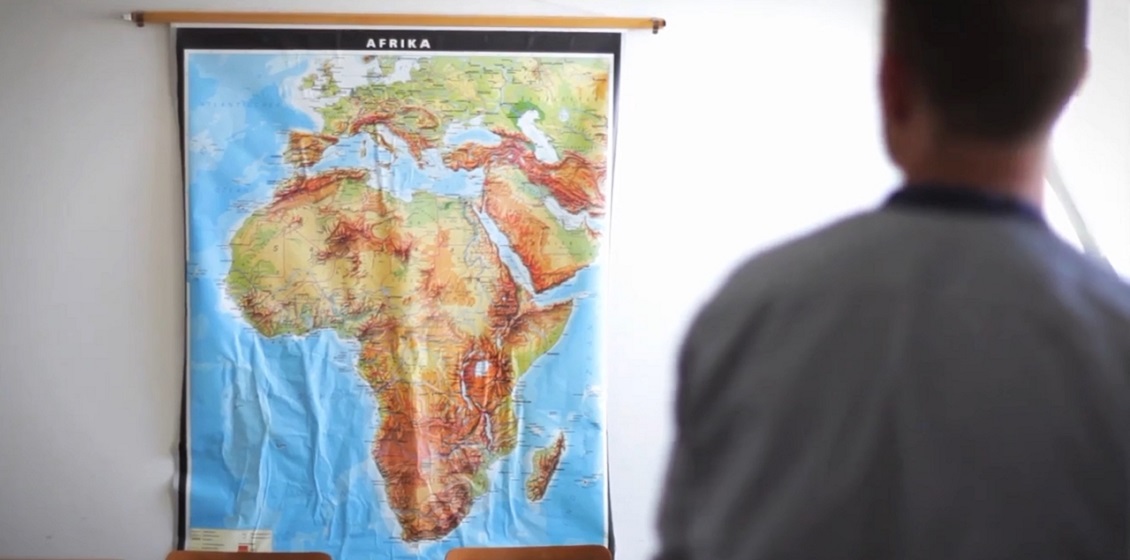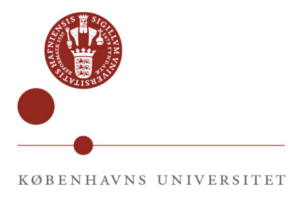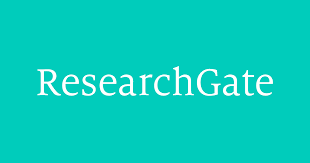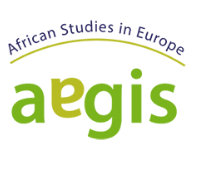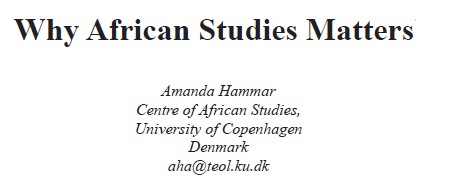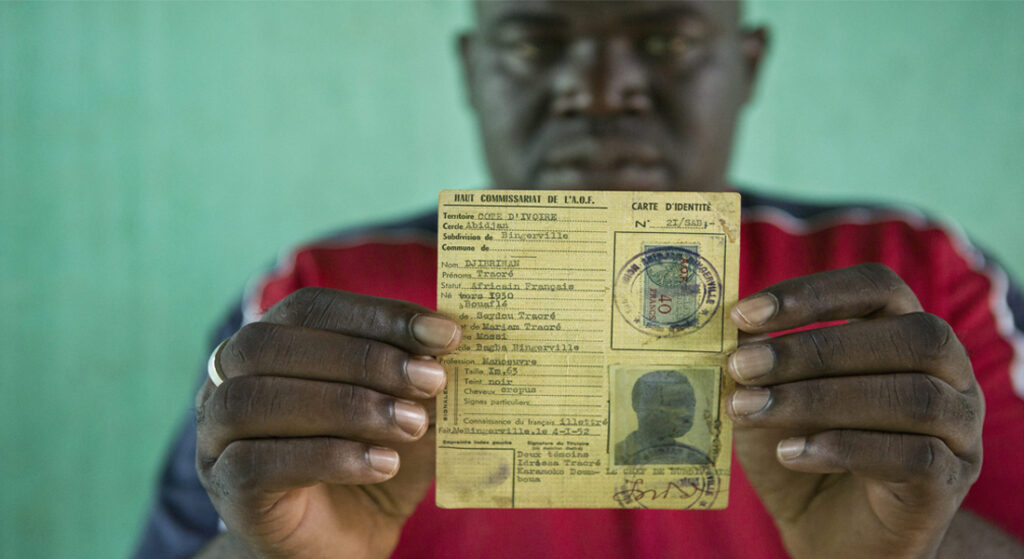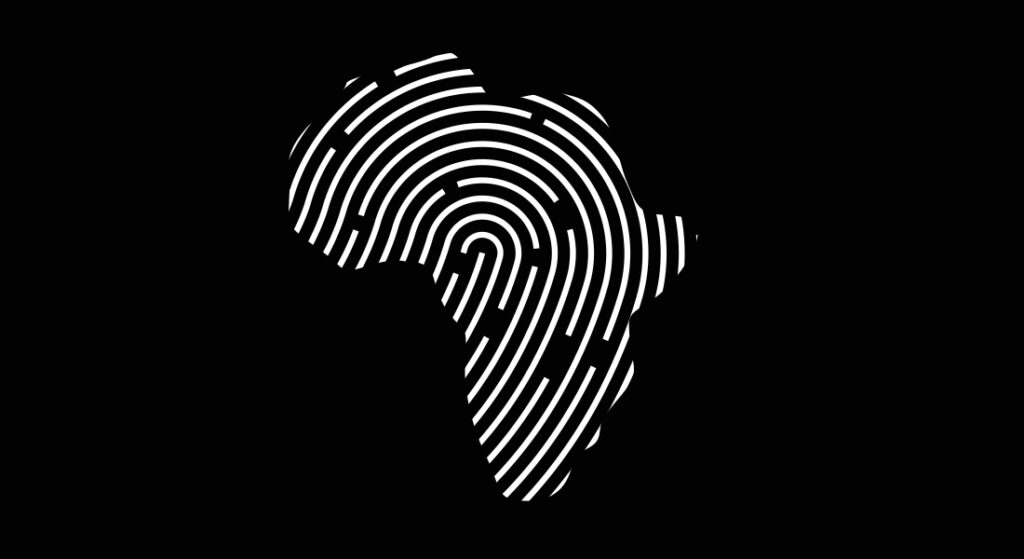Studying Africa and doing African Studies is not the same. African Studies can contribute meaningfully to positive transformations of African realities, based as much as possible on African terms, says the president of the European African Studies Association.
“I am coming from a position of being an Africanist, a researcher in Africa, and an African. This is different from a development studies approach, which I left behind a long time ago”, says Amanda Hammar who is based at the Centre of African Studies (CAS), University of Copenhagen. She was appointed full professor in May 2021 and is the current president of the European African Studies Association, AEGIS. She is also the project leader of an ambitious research project named ”CERTIZENS: Certification of Citizenship in Africa”. This is a collaboration between African Studies researchers in Denmark, Ghana, and Uganda. Amanda did her PhD in International Development Studies at Roskilde University (RUC). At the time, she was also associated with the Danish Centre for Development Research, which later became part of the Danish Institute for International Studies (DIIS).
Amanda was born in Zimbabwe but studied several degrees in Britain and then worked for many years in development in various government departments and as an independent consultant in Zimbabwe. She came to Scandinavia to do her PhD in the late 1990s and has lived and worked in Norway, Sweden, and Denmark over the past 25 years.
Distinguishing between Development Studies and African Studies
Regarding her doctoral project, which focused on displacement, belonging, state-making and citizen-making in her homeland, she notes that “the PhD was in Development Studies, but ultimately it could have been just as much an African Studies research project”. However, she sees a distinct difference between traditional development studies and what she calls “critical African Studies”.
“What we are teaching at the Centre of African Studies at the University of Copenhagen is not development studies”, she underlines. “I was directly involved in development for many years, working for the Zimbabwean state in the 1980s and 90s. I know what it is to do development and be engaged in the paradigm of classic development, and what its limits are. In the Nordic countries, development research institutions with a strong focus on Africa and an overt policy dimension emerged in the 1980s and 1990s. But Africa cannot and should not simply be seen as a space of development defined through a Northern-based framework”.
”Africa is a continent that has its own multiple, self-defined centres, as well as having a range of connections globally. A great number of things are going on there, for better or for worse. Still, disturbingly, the way Africa is looked upon from the global North is as a space to be developed, based on the assumption that it isn’t developed enough. Development Studies, to some extent, upholds that implicit view. But from an African Studies perspective, it’s crucial to challenge that. One has to keep emphasizing that Africa is defined by its own complex dynamics and diversity. It should not only or primarily be defined by the notion of ‘development’ and Northern notions of ‘progress’”.
“Of course, given historical colonial patterns and continued global structural inequalities, one can’t ignore questions of under-development. One does have to engage with the reality of lack of resources, among other challenges, and how to change this. But still, Africa is not simply a space of and for development”.
Bringing in a critical perspective
In terms of the way anyone looks at the African continent, Amanda Hammar says that “history always matters, but so does the contemporary, and the whole complexity of politics and economics and society and culture of the present. We cannot always look over our backs and only refer to the colonial past. There is also a pre-colonial history, and there is a more recent history after official decolonization in different places, or rather, there are countless societies’ own histories across the continent. My point is that all this diversity needs to be understood”.
“Undeniably, the origin of African Studies as an academic field in many parts of the North has been closely intertwined with European and British colonialism. African Studies, like development studies, area studies and anthropology as a field, has been used, especially in earlier times, to feed a neo-imperialist project. Some have described anthropology as the handmaiden of colonialism”.
“But we are not there. We are here. And I would make a strong distinction between classic, old-style African Studies and critical African Studies. As a field of study and knowledge production, it should not simply be defined through the lenses, interests, and theories of Northern institutions and scholars. There are African Studies scholars, both on and off the African continent, who are engaged in confronting old-style African Studies, bringing in critical perspectives”.
“When I think about critical African Studies, I think about a form of African Studies that is constantly self-reflecting on: Who is doing it? Where do the ideas and theories come from? What sources are being used when teaching it? Those who study African Studies in the Nordic countries, and definitely with us at CAS, are trained in interdisciplinary and relational skills that counter simplifications and are crucial if you want to understand and make informed decisions in or about the continent”.
“Of course, some critical development studies are doing some of the same things. Some of them are talking about contemporary forms of decolonizing, prompted by movements in the global South. There are also feminist approaches coming from Africa and elsewhere, not only from the North. Still, the framework of development studies is about other places than one’s own. In contrast, I don’t see African Studies as being so static and stuck in an old-style pattern where those based in the global North are talking about a ‘them’ in the global South”.
Amanda challenges the notion that research concerning the global South should be instrumental, or overtly “useful”, as seen in the context of development. She prefers to ask the question as to whether the research that takes place is “meaningful”. “Useful? What makes knowledge useful? Within African Studies, any international conference may cover a breadth of inter-related themes and fields of study, including history, religion, urban studies, land and agrarian studies, literature, languages. It’s a huge field. There is no limitation to what can be talked about. Let’s call all this knowledge meaningful. This might also result in African Studies being able to contribute meaningfully to positive transformation of African realities, but based as far as possible on African terms”.
In Amanda Hammar’s eyes, this kind of “meaningful” African Studies is much closer to the traditional ideals of basic research than a more operationally-focused or instrumental Development Studies tends to be. “If you want to, you can always look into what the knowledge produced implies for policy, and make a policy brief, but African Studies research, in my view, should not be driven by direct policy questions at all. Of course, we are training our students to be effective in professional fields, but we train students of critical African Studies not to do research driven by normative policy questions. What kind of society are we getting if all we are interested in are engineers, doctors, and lawyers? It’s scary”.
“Within African Studies you also have people who look into land rights, urban planning…plenty of things that could be useful in a pragmatic, even developmental sense. But then you also have skills that are useful for understanding society more broadly, being a thinker that is capable of acting with comprehensive knowledge instead of simplified knowledge. I think that is enormously useful”.
Networks in an unequal world
Throughout the years, Amanda Hammar has built a strong network of colleagues in both the global North as well as in Africa. In relation to the North, and in particular Europe, she has been active for many years in the board of the European African Studies Association, AEGIS. She highly values the collaboration this association facilitates between over 35 European member institutions that are focused on research and, to some extent, teaching in African Studies, as well as linkages with others on the African continent.
She highlights the growing scale and spread of activities that AEGIS initiates and supports. At the forefront is the flagship biennial European African Studies Conference (ECAS), held in different European cities, and now the largest African Studies conference globally. AEGIS also hosts ten thematic collaborative research groups, with more on the horizon, each made up of hundreds of individual members from all over the world. “It’s very exciting”, she says, “to be part of so much happening in African Studies, and to find new generations of younger scholars taking the lead”.
Unfortunately, especially when it comes to attending conferences, it is often much harder for scholars from the global South, especially from Africa, to participate. “The difference in participation by scholars from the South and North is all about resources. Who can attend these conferences is limited by geographical proximity, money, and sometimes the refusal of visas. At the last European Conference of African Studies in Edinburgh in 2019, the organizers put in a lot of work engaging with the Ministry of Foreign Affairs to help facilitate visa applications, yet still many visas were refused to participants from Africa. This says nothing about their capacity – they are excellent scholars. Financial constraints affect not only travel but also research at home. Due to limited funding, many of the best scholars in Africa are forced to work for consultancies and have to refrain from doing basic research”.
Here, South-North collaboration is up against what Amanda calls “global structural inequalities”. “These kinds of inequalities and their implications for exclusion and inclusion are a key dimension of the decolonizing question in a field like African Studies. How does that change? How do brilliant African scholars get hired in African institutions, but also in academic institutions in the North?”
An important balance
There are some opportunities, though, for meaningful collaboration between European and African researchers. In Denmark, this is supported by some designated government funding, specifically for so-called “development research”. Amanda leads one such four-year project in partnership with colleagues at universities in Ghana and Uganda. “We discussed the project ideas together with partners in Ghana and Uganda. We formulated the project together into something that we were all comfortable with. Two researchers are based in Copenhagen with me and the others – three each – are based in Ghana and Uganda. There is an important balance in that”.
“The funding comes from Danida, 40 percent to be used by the Northern partners, and 60 percent to be used by partners in the South. So the framework rationale is that the North is doing something ‘good’ for the South. But the reality is that you cannot understand, you cannot do the in-depth work or reach meaningful insights, without the research and reflections of your Southern partners”.
The basic idea of the CERTIZENS research project Amanda leads is to study the logics, policies, and practices of citizen classification, certification, and identification on multiple levels in the two participating African countries, and their “multi-layered effects on processes of state making and citizen making”.
One of the UN’s “Sustainable Development Goals” is to give “legal identity for all” before the year 2030. Certainly, expanding and ensuring provision of formal IDs will give ID-card holders certain rights. But it also calls to the forefront, and can reinforce, old patterns of societal discrimination against different ethnic or other socially distinct categories of people that have, for many years and to a large degree, been dealt with informally. It raises questions as to who is viewed by the state as being entitled to citizenship – and who is not.
“Currently, reforms in several African countries are making national registration much more technocratic and bureaucratic than before. In some contexts, for some political reasons, it is actually narrowing the groups that are eligible. For example, there are around 21 ethnic categories in Uganda who are constitutionally excluded – who have been living there for generations but are suddenly not considered citizens”.
More detailed aspects of the CERTIZENS project are explained further in another DDRN.dk interview with Toke Møldrup Wolff, one of the eight CERTIZENS researchers who is undertaking one of the sub-projects in Uganda.
“Far too common in the media and among public analysts in the North is the tendency to explain most conflicts in Africa as conflicts between different ethnic categories. Other people explain every political conflict, everywhere in Africa, in terms of corruption”, says Amanda Hammar. “But this is where African Studies is so valuable. Our training is absolutely interdisciplinary. We would say: Okay, here is something that we are trying to explain. Let’s open that up, historically, spatially, socially, economically, culturally, and ask ‘what is relevant for explaining this particular phenomenon’? We don’t have a pre-existing explanation from the beginning that we are going to attach to the issue”.
“There are many people studying lots of things in or about Africa who are not African Studies people. By contrast, African Studies is a consciousness, not simply a field in which you are studying Africa”, she concludes.
Inaugural lecture by Amanda Hammar:
CERTIZENS:
Certifications of Citizenship in Africa
The CERTIZENS Project focuses on the logics, policies and practices of different regimes of citizen classification, certification and identification in selected African contexts, and their multi-layered effects both on processes of state making and citizen making.


